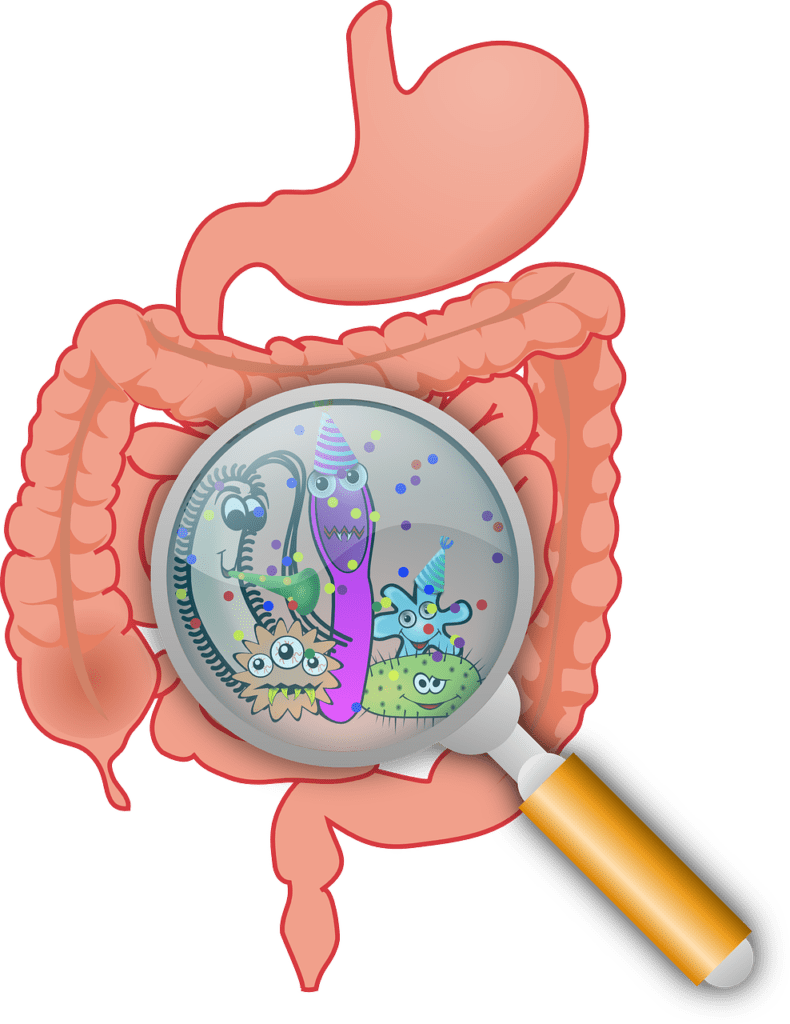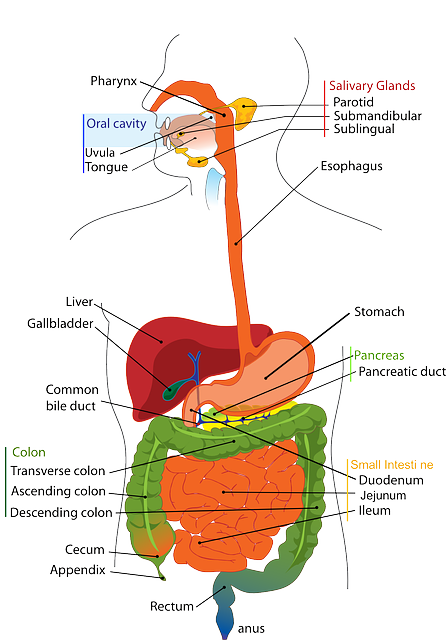
How to Keep Your Digestive System Healthy
Introduction to Gut Health: Digestive System
The digestive system plays a crucial role in maintaining overall health and well-being. It is responsible for breaking down food to provide the body with the necessary nutrients and energy. However, an unhealthy digestive system can lead to various health issues, such as constipation, diarrhea, bloating, and even malnutrition. Therefore, it is essential to take care of your digestive system to ensure optimal health. We are going to examine how to keep your digestive system healthy.

What is the Digestive System?
The digestive system is a complex network of organs and tissues that work together to break down food into smaller molecules that can be absorbed by the body. The process of digestion begins in the mouth, where food is chewed and mixed with saliva to begin the breakdown of carbohydrates. From there, the food travels through the esophagus to the stomach, where it is further broken down by stomach acid and enzymes. The small intestine is where most of the nutrients are absorbed into the bloodstream, while the large intestine absorbs water and electrolytes before waste is eliminated from the body. The digestive system plays a vital role in maintaining overall health and wellness by providing the body with the necessary nutrients to function properly.
Here are some healthy tips
1. Eat a healthy diet
The food you consume is the primary fuel for your digestive system. A diet rich in fiber, fruits, vegetables, and whole grains can help promote digestive health. These foods provide essential nutrients and help maintain healthy bowel movements. Also, it is essential to limit your intake of processed and high-fat foods, which can cause digestive issues.
2. Drink plenty of water
Water is essential for maintaining proper digestion and hydration. It helps soften stools, making them easier to pass, and aids in the absorption of nutrients. Drinking enough water also helps prevent constipation, a common digestive issue.
3. Exercise regularly
Regular exercise can help improve digestion by promoting bowel movements and reducing constipation. Exercise also helps reduce stress, which can contribute to digestive issues such as irritable bowel syndrome (IBS).
The Gut-Healthy Benefits of Regular Exercise

4. Manage stress
Stress can affect the digestive system, leading to various issues such as stomach ulcers, diarrhea, and constipation. Therefore, it is essential to manage stress levels. You can try practicing relaxation techniques such as meditation, yoga, or deep breathing exercises.
How Stress Affects the Digestive System

5. Avoid smoking and excessive alcohol consumption
Smoking and excessive alcohol consumption can irritate the digestive system, leading to various issues such as acid reflux and stomach ulcers. Therefore, it is essential to avoid smoking and limit your alcohol intake.
6. Get enough sleep
Sleep is essential for maintaining overall health, including digestive health. Lack of sleep can lead to a weakened immune system, which can make the digestive system more vulnerable to infections and other issues. Therefore, it is essential to get enough sleep to keep your digestive system healthy.
Supplementation Guide for Sleep

Taking care of your digestive system is crucial for maintaining overall health and well-being. By following these tips, you can promote healthy digestion and prevent various digestive issues. If you experience persistent digestive issues, it is essential to consult a healthcare professional.
